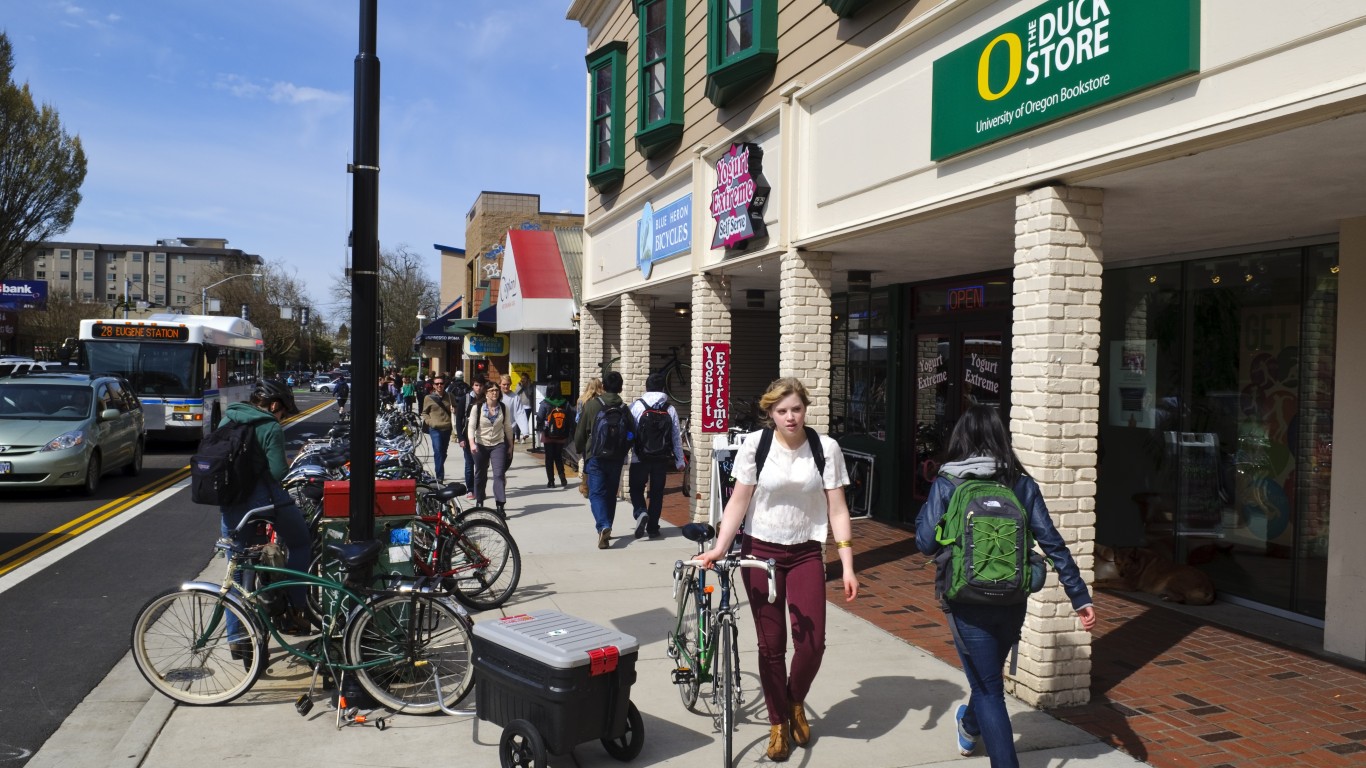Economy
July Small Business Optimism Second-Highest in 45 Years

Published:
Last Updated:

The National Federation of Independent Business (NFIB) Tuesday morning reported that its small business optimism index for July rose by 0.7 percentage points from 107.2 in June to come in at 107.9. This is the second-highest reading in the 45-year history of the index and the highest in 35 years. The consensus estimate from economists had called for the index to decrease by 0.2 percentage points to 107.
The four “hard” measures of the index posted mixed results last month. The job creation component rose three points month over month in July to 23%, the job openings component increased by a point to 37%, capital spending plans rose a point to 30% and plans to increase inventory investment fell two points to 4%.
The highest index reading ever was posted in 1983 at 108. For 2017 the average monthly index was 104.8, the highest average ever. The previous annual record was 104.6 set in 2004.
Some 32% of small business owners reported raising employees’ pay in the past three months. That’s up one point on a seasonally adjusted basis from the June total, and three points below the record May reading. Since January of 2017, net compensation changes have increased by eight percentage points. Some 22% of small business owners are planning to raise wages in the next three months, up a point month over month.
NFIB President and CEO Juanita Duggan commented:
Small business owners are leading this economy and expressing optimism rivaling the highest levels in history. Expansion continues to be a priority for small businesses who show no signs of slowing as they anticipate more sales and better business conditions.
Bill Dunkelberg, NFIB’s chief economist, added:
Small business owners have never been so optimistic for so long, helping to power the second longest expansion in history. Despite challenges in finding qualified workers to fill a record number of job openings, they’re taking advantage of this economy and pursuing growth.
Some 37% of business owners reported job openings they couldn’t fill. Job openings were most abundant in the construction industry (57%), followed by manufacturing (46%) and wholesale trade (45%). Nearly a quarter (23%) of business owners said finding qualified workers is their single most important business problem, just one point below a record 24% who reported the same difficulty in May.
The Average American Is Losing Momentum On Their Savings Every Day (Sponsor)
If you’re like many Americans and keep your money ‘safe’ in a checking or savings account, think again. The average yield on a savings account is a paltry .4%1 today. Checking accounts are even worse.
But there is good news. To win qualified customers, some accounts are paying more than 7x the national average. That’s an incredible way to keep your money safe and earn more at the same time. Our top pick for high yield savings accounts includes other benefits as well. You can earn a $200 bonus and up to 7X the national average with qualifying deposits. Terms apply. Member, FDIC.
Click here to see how much more you could be earning on your savings today. It takes just a few minutes to open an account to make your money work for you.
Thank you for reading! Have some feedback for us?
Contact the 24/7 Wall St. editorial team.